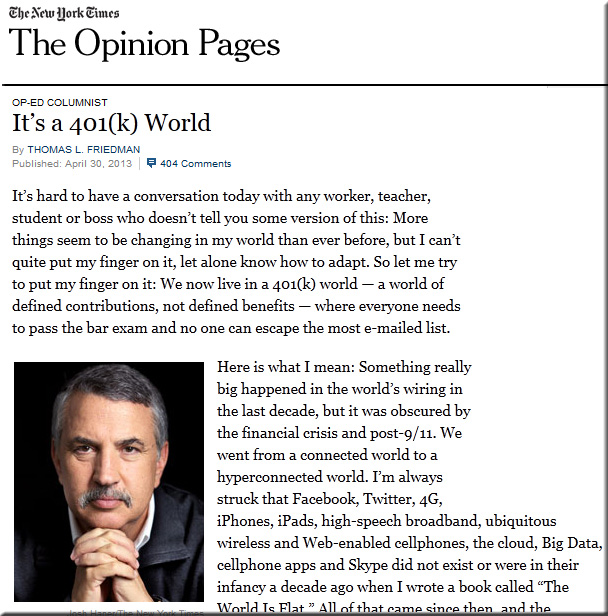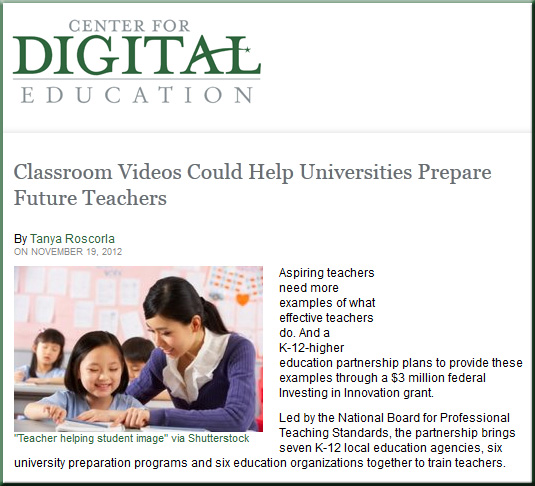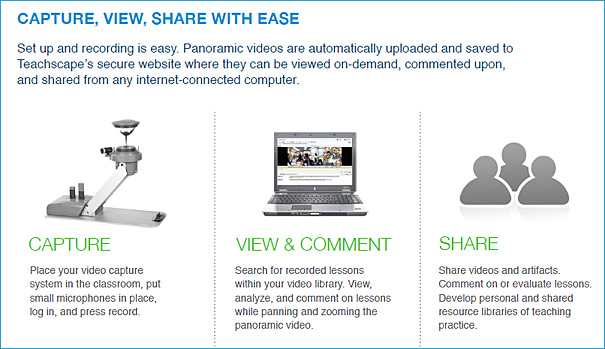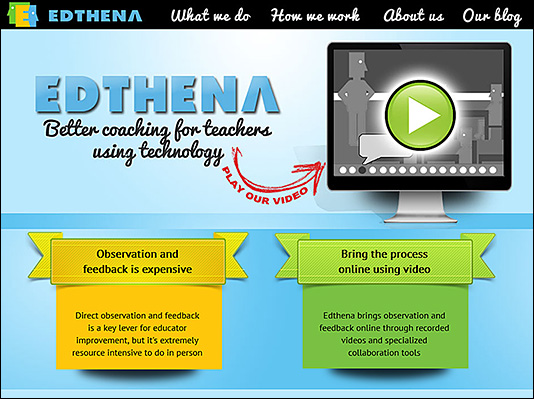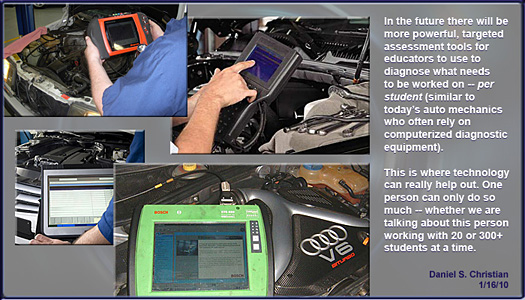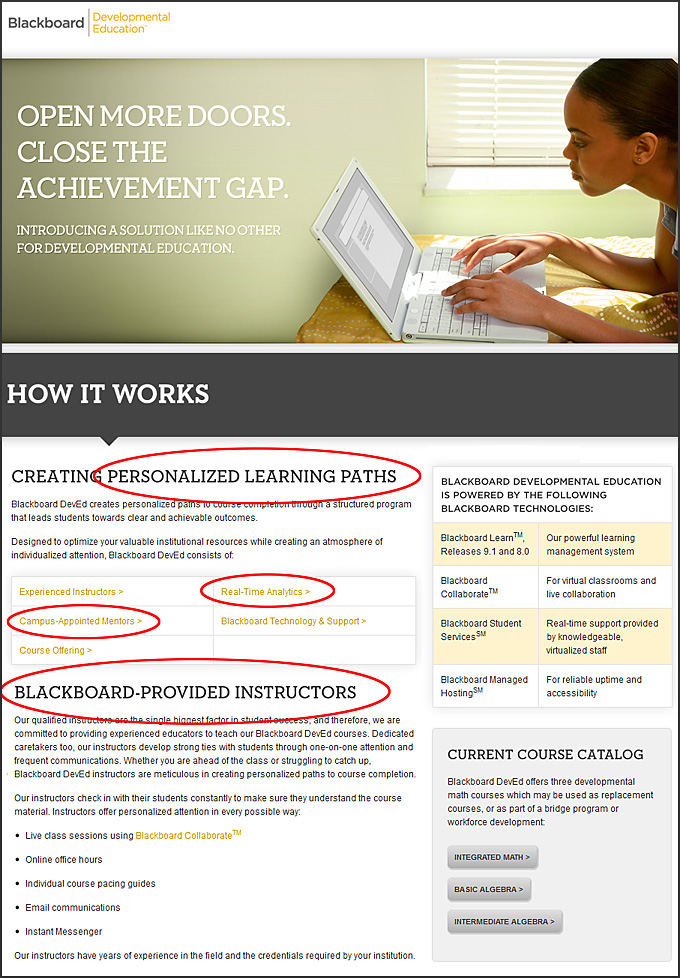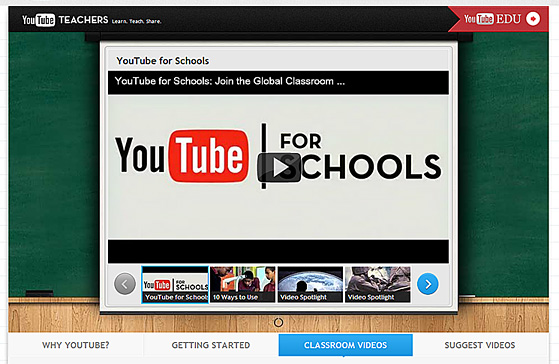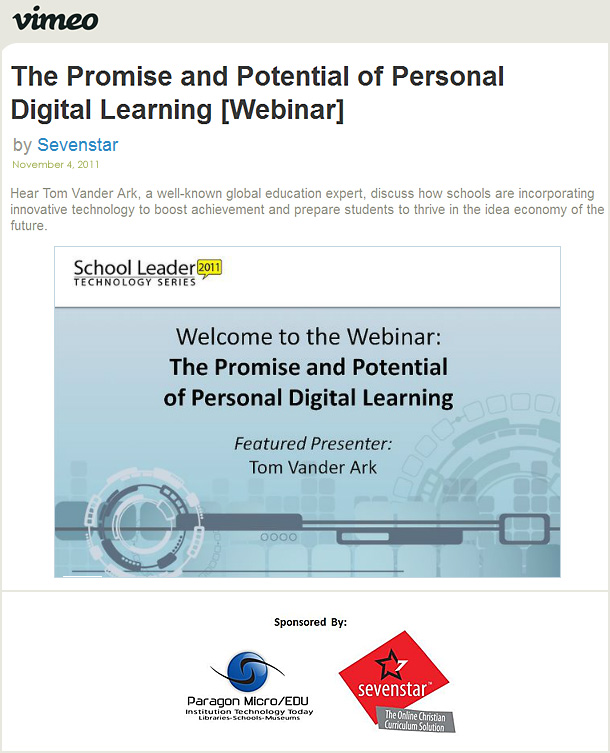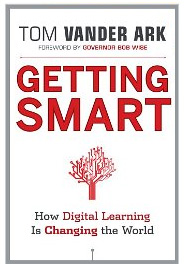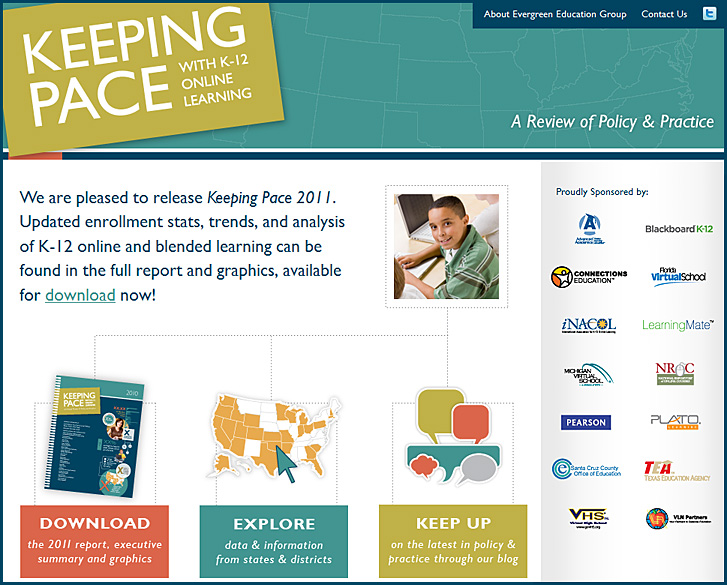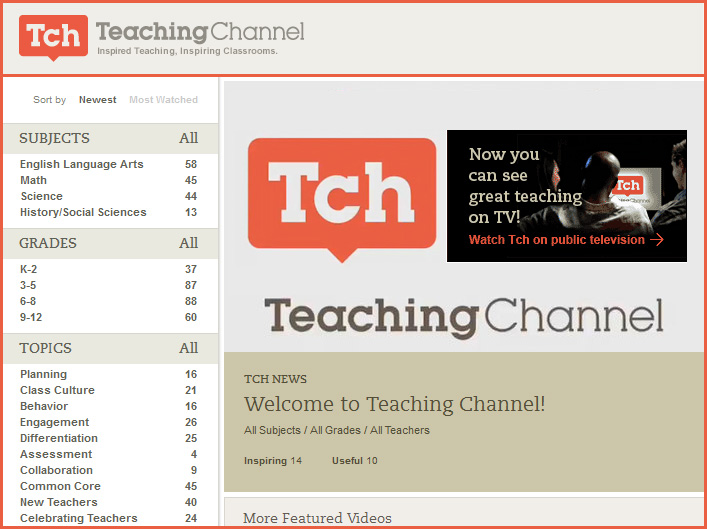Also, from Steve Wheeler’s Are you a meerkat or an ostrich?
Etienne Wenger recently declared: ‘If any institutions are going to help learners with the real challenges they face…(they) will have to shift their focus from imparting curriculum to supporting the negotiation of productive identities through landscapes of practice’ (Wenger, 2010).
We live in uncertain times, where we cannot be sure how the economy is going to perform today, let alone predict what kind of jobs there will be for students when they graduate in a few years time. How can we prepare students for a world of work that doesn’t yet exist? How can we help learners to ready themselves for employment that is shifting like the sand, and where many of the jobs they will be applying for when they leave university probably don’t exist yet? It’s a conundrum many faculty and lecturers are wrestling with, and one which many others are ignoring in the hope that the problem will simply go away. Whether we are meerkats, looking out and anticipating the challenges, or ostriches burying our heads in the sand, the challenge remains, and it is growing stronger.
.
Also see:
.
Also see:
- The Nature of the Future: The Socialstructed World — from nextberlin.eu by Marina Gorbis, Institute for the Future
Marina Gorbis, Executive Director of the Institute for the Future (iftf.org) discussed the evolution of communication and its consequences at NEXT13. She analyzed the perks and challenges of the new relationship-driven or “socialstructed” economy, stating that “humans and technology will team up”. Her new book ‘The Nature of the Future: Dispatches from the Socialstructed World’ was published in early 2013. Watch her inspiring talk on April 23, 2013 at NEXT13.
.
From DSC:
My best take on this at this point:
- Give students more choice, more control of their learning
- Help them discover their gifts, abilities, talents, passions
- Help them develop their gifts, abilities, talents, passions
- Provide content in as many ways as possible — and let the students work with what they prefer to work with
- Implement story, emotion, creativity, and play as much as possible (providing plenty of chances for them to create what they want to create)
- Utilize cross-disciplinary assignments and teams
- Integrate real-world assignments/projects into the mix
- Help them develop their own businesses while they are still in school — coach them along, provide mentors, relevant blogs/websites, etc.
- Guide them as they create/develop their own “textbooks” and/or streams of content










